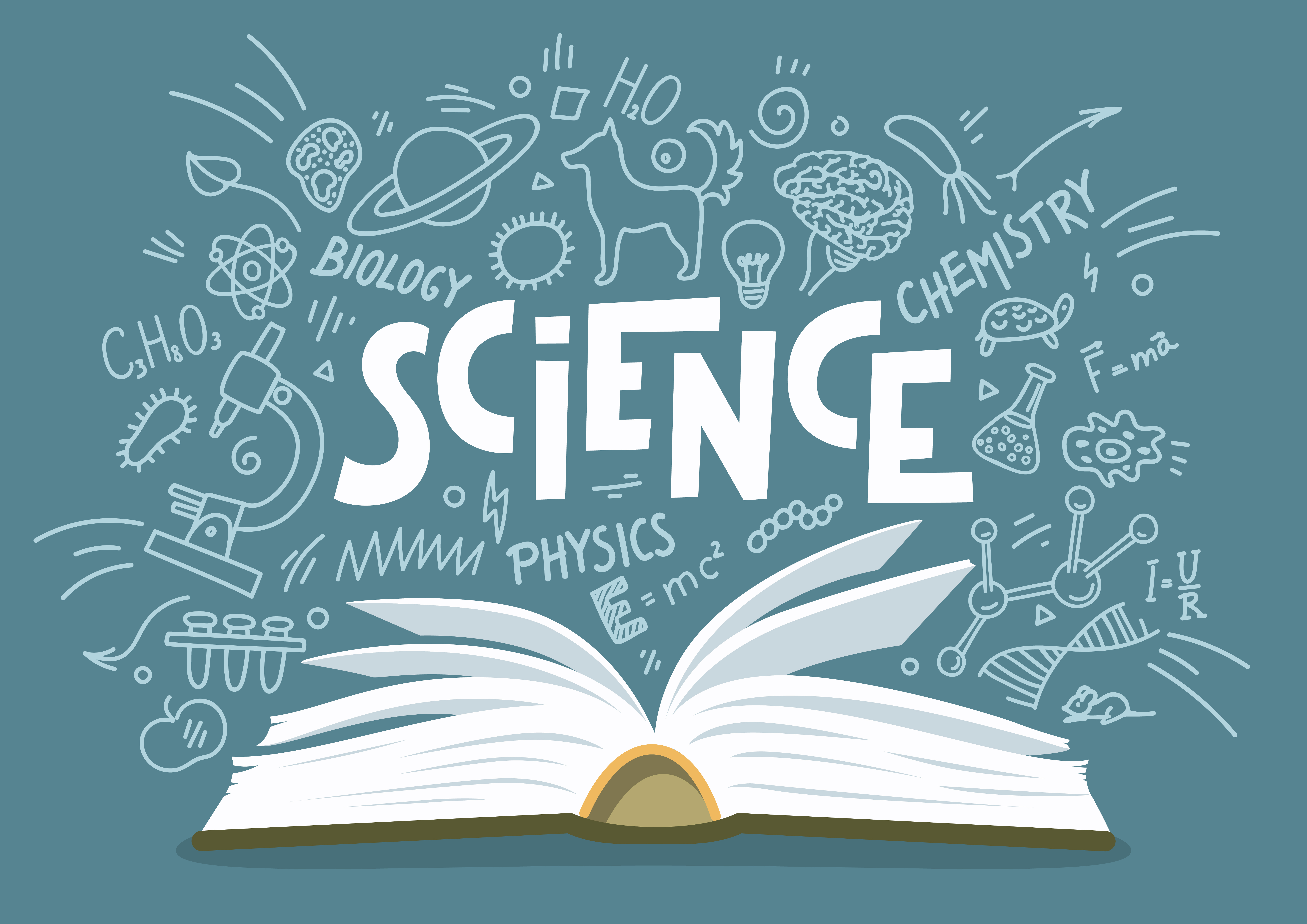We all know that studying is the worst part about school. We also know that it’s one of the main keys to success, especially in college. As a senior, I’ve developed lots of tips and tricks throughout my high school career that have helped me do better in every subject. To start: When given an assignment, write it down immediately and plan to study at least two days before any test you have—or more depending on how much material you need to study. Also, Apps like Quizlet and Khan Academy are free and offer easy ways to study on the computer at home or with your phone on the go. Now that you have some general tips under your belt, here’s what you should do in each core class to improve your study habits before you head off to college.
English classes
English may be the most daunting of all subjects, but with a few tips, you’ll be able to conquer it.
- Learn to take good notes: While reading a book for class, whether it’s a textbook or a novel, it's very important to be smart with your notes. Though more time-consuming, this can be helpful because you're more likely to pay attention to specific details. (The key to success in every subject!)
- Don’t rely on internet summaries: One of the biggest misconceptions students have is that they can just read a summary online before taking a test instead of reading the whole book. Websites like SparkNotes and Cliff Notes only give brief summaries and aren’t very detailed. Also, some English teachers read Sparknotes before making their tests to avoid easy questions.
- Participate in classroom discussion: Group discussion is one of the best ways to comprehend written material. Talking with other students and hearing different opinions is a great way to get a better understanding. Also, don’t be afraid to ask questions. Questions fuel the conversation and show the teacher you're willing to learn.
History classes
In my opinion, history lectures are the hardest classes to sit through, and taking notes on these lectures is even more frustrating. This year it took me three times to actually get an A on any history test. With these tips, you can pass any lecture class with ease.
- Write notes in your own words: Try to write your notes of what the teacher is saying in your own words. By doing this, it’s almost like you’re reciting the information back to yourself as you take notes.
- Rewrite and organize your notes later: Usually during lectures, you tend to write fast and your notes can get really messy—and no one wants to study from messy notes. I suggest taking the extra time to rewrite your notes neatly and organized. Also, have fun with it. You can experiment with different paper, fonts, and colors to avoid getting bored.

Related: 4 Important Lessons From High School to Take With You to College
Math classes
Math is my least favorite subject—and it's often the least favorite for many students. Usually, people think of math as something you either comprehend or you don’t. Fortunately, during senior year, I put these tips to use to improve my math learning.
- Practice makes perfect: I've heard several students say, “You can’t study math,” and I’m here to tell you that is false. Reworking homework problems and truly understanding the steps to solving each problem is the best way to learn math. The key is repetition—it increases your memory.
- Actually take good notes: A lot of people like to listen and watch the teacher work mathematic formulas on the board, but I strongly suggest you take thorough notes during math class. That way you can look back on your notes when doing homework and see all the steps it took to get to an answer.
- YouTube is your best friend: When I don’t understand something in class, whether it's how to input something into a calculator or the concept itself, there's a good chance that there's a YouTube video to explain it better.

Science classes
Science can be very challenging, especially science classes with a lot of memorization like biology or chemistry. With these tips, you’ll be able to survive any science class.
- Take advantage of your resources: Most science teachers use PowerPoint presentations for their lectures. If your teacher uses slides, you can easily ask them to email the presentation to you or print out the slides. That way you don’t have to worry about missing anything and can pay closer attention in class and jot down extra notes beyond what's on the slides.
- Use your textbook: There are times in science class when you just don’t understand what the teacher is saying. This is when you should consult your textbook. Referring to the chapter can help you better understand what is going on. If you still don’t get it, don’t be afraid to ask your teacher to explain it to you again.

Related: 6 Classes to Take in High School to Prepare for College







